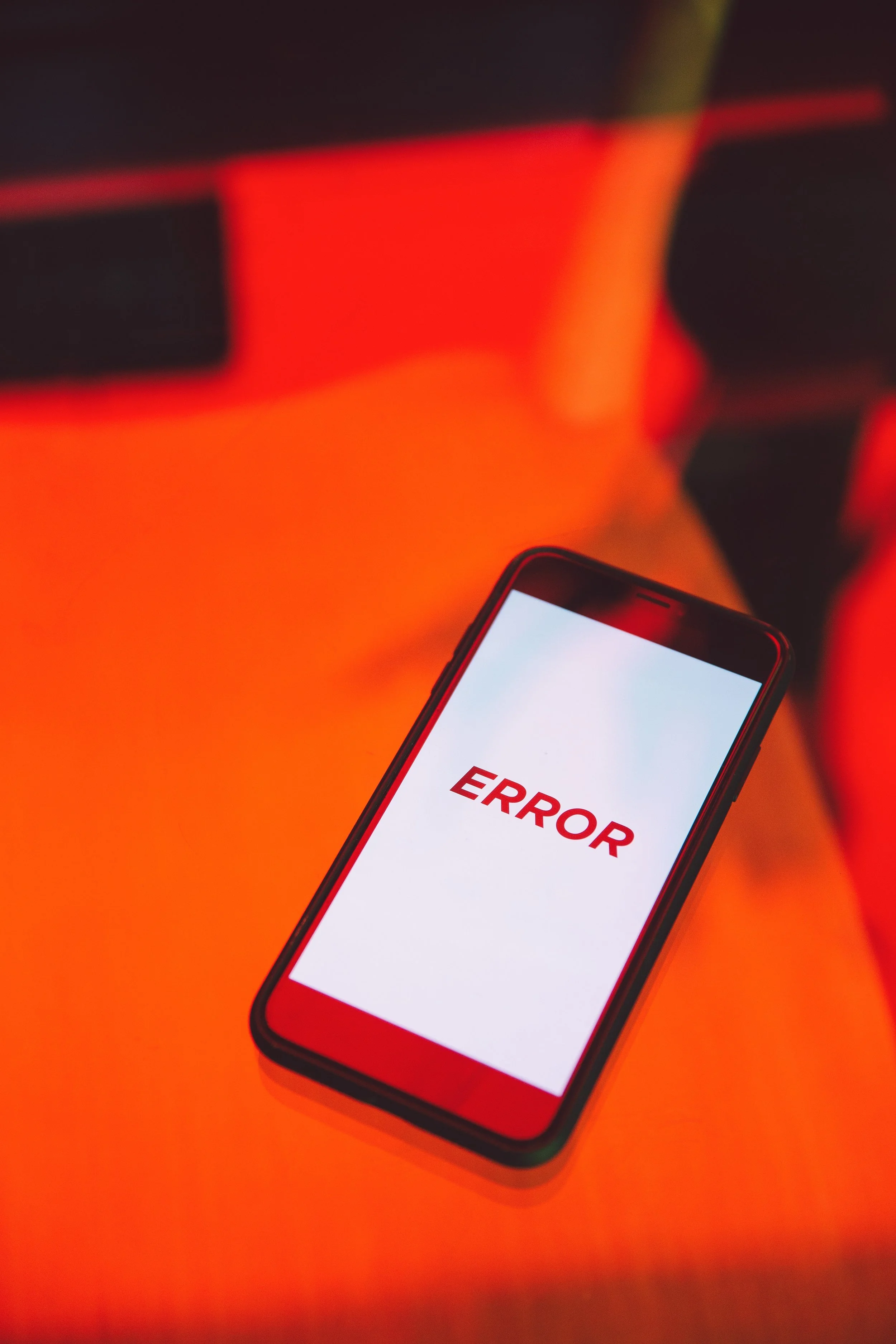Using personal phones for work-related activities can pose significant cybersecurity risks for organizations. Personal devices may lack the same level of security as corporate devices, leaving them vulnerable to hacking, malware, and other cyber threats. Additionally, personal devices may be more susceptible to physical damage, loss, or theft, potentially exposing sensitive corporate data.
One of the biggest risks of using personal phones for work-related activities is the lack of control organizations have over the security of the device. Personal devices may not be updated regularly, and may not have the latest security patches or antivirus software installed. This can leave them vulnerable to malware and other types of cyber attacks, which can compromise sensitive corporate data.
Another risk of using personal phones for work-related activities is the potential for data leakage. Personal devices may be used for personal activities, such as social media, that could result in sensitive corporate data being inadvertently shared or leaked. Additionally, personal devices may be more likely to be lost or stolen, which can result in sensitive corporate data being accessed by unauthorized individuals.
To mitigate these risks, organizations should establish clear policies for the use of personal devices for work-related activities. This may include requiring employees to use only company-approved devices, or mandating the use of virtual private networks (VPNs) and other security measures to ensure that data is transmitted securely.
Organizations should also provide training and education for employees on how to recognize potential security threats and best practices for securing their personal devices. This may include the use of strong passwords, encryption, and remote wiping capabilities to protect sensitive corporate data in the event that a device is lost or stolen.
Finally, organizations should conduct regular security audits to ensure that their policies and procedures for using personal devices for work-related activities are effective and up-to-date. This can help to identify potential vulnerabilities and ensure that appropriate controls are in place to protect sensitive corporate data.
In conclusion, the use of personal phones for work-related activities can pose significant cybersecurity risks for organizations. To mitigate these risks, organizations should establish clear policies and procedures for the use of personal devices, provide training and education for employees on best practices for securing their devices, and conduct regular security audits to ensure that their policies and procedures are effective and up-to-date. By taking a proactive approach to securing personal devices, organizations can minimize the risk of cybersecurity incidents and protect sensitive corporate data.
